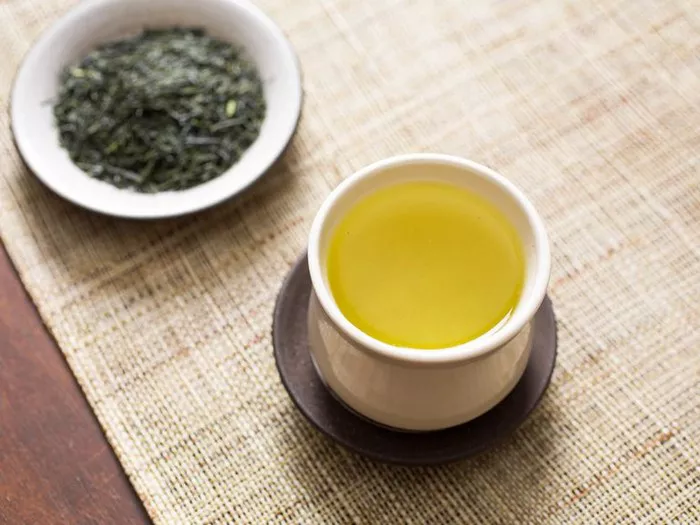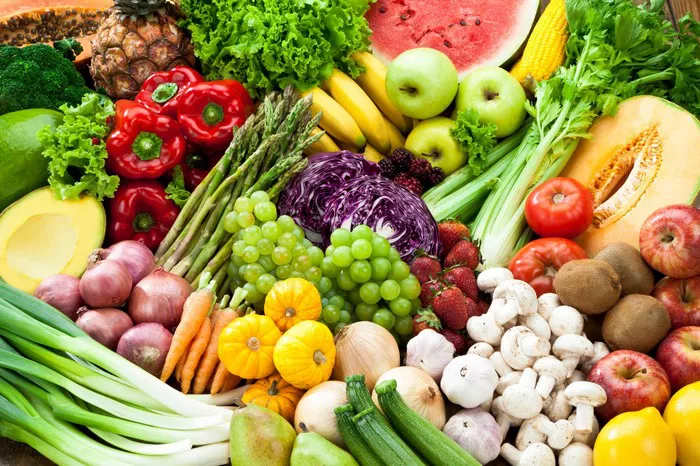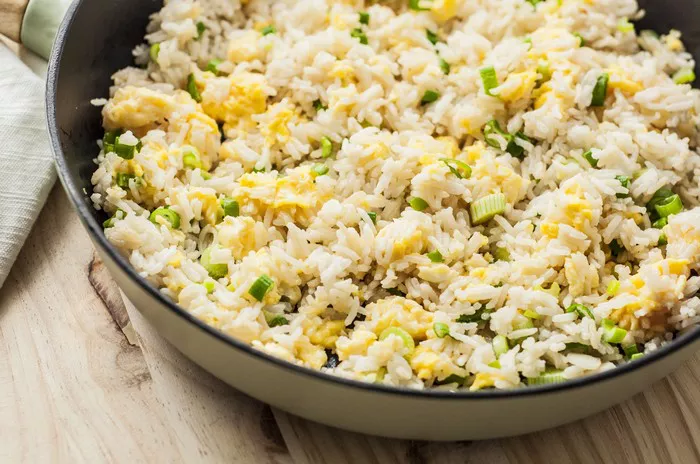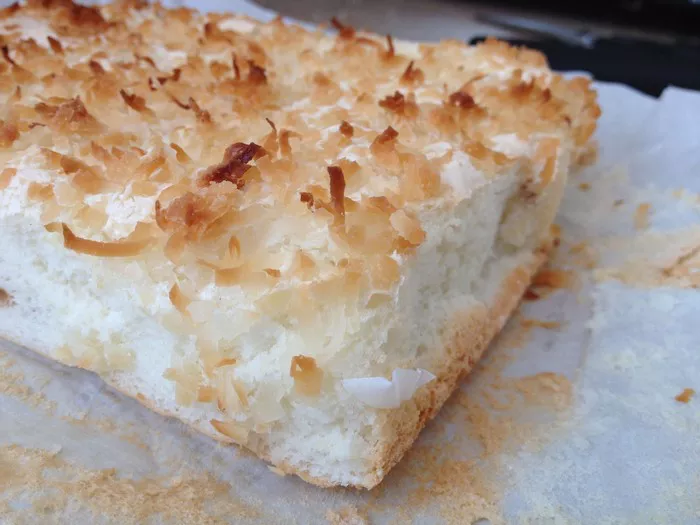High blood pressure, also known as hypertension, is a common health condition affecting millions of people worldwide. It occurs when the force of blood against the walls of the arteries is consistently too high, leading to an increased risk of heart disease, stroke, and other cardiovascular complications. While lifestyle modifications, such as a healthy diet and regular exercise, are crucial in managing hypertension, certain types of tea have also been associated with potential benefits in lowering blood pressure. In this article, we will explore the soothing power of tea and highlight some specific varieties that may be beneficial for individuals with high blood pressure.
Understanding Hypertension
Before delving into the world of tea, it’s important to understand the basics of hypertension. Blood pressure is measured using two numbers: systolic pressure (the top number), which represents the force when the heart beats, and diastolic pressure (the bottom number), which indicates the force when the heart is at rest between beats. Normal blood pressure is considered to be around 120/80 mmHg. However, a diagnosis of hypertension is made when blood pressure consistently exceeds 130/80 mmHg.
Several factors contribute to the development of hypertension, including genetics, age, lifestyle choices, and certain medical conditions. Individuals with high blood pressure are often advised to make lifestyle changes to manage their condition effectively. This includes maintaining a healthy weight, reducing sodium intake, increasing physical activity, managing stress levels, and consuming a nutritious diet, such as the DASH (Dietary Approaches to Stop Hypertension) diet.
The Power of Tea
Tea, which has been consumed for centuries and is renowned for its calming and soothing properties, has gained attention for its potential benefits in managing hypertension. It contains various bioactive compounds, including polyphenols, catechins, and flavonoids, which possess antioxidant and anti-inflammatory properties. These compounds are believed to contribute to the potential cardiovascular benefits associated with tea consumption.
However, it’s essential to note that while tea may offer some advantages in managing blood pressure, it should not replace prescribed medications or lifestyle modifications. Consultation with a healthcare professional is crucial for an accurate diagnosis and guidance on appropriate treatment.
Tea Varieties for Hypertension
Green Tea
Green tea, derived from the leaves of the Camellia sinensis plant, is one of the most widely studied teas when it comes to its potential cardiovascular benefits. It contains high levels of catechins, particularly epigallocatechin gallate (EGCG), a powerful antioxidant known for its potential protective effects on the cardiovascular system.
Hibiscus Tea
Another tea that shows promise in managing hypertension is hibiscus tea. Made from the dried petals of the Hibiscus sabdariffa flower, this vibrant brew is known for its tart and refreshing taste. Hibiscus tea is rich in antioxidants and anthocyanins, which contribute to its deep red color.
Oolong Tea
Oolong tea, a traditional Chinese tea that falls between green and black tea in terms of oxidation, is gaining recognition for its potential cardiovascular benefits. It undergoes partial fermentation, giving it a distinct flavor and aroma.
Black Tea
Black tea, known for its robust flavor and deep color, is the most widely consumed tea worldwide. It is more oxidized than green or oolong tea, resulting in a stronger taste.
White Tea
White tea is a delicate and minimally processed tea made from young tea leaves and buds. It undergoes minimal oxidation, preserving its high levels of antioxidants. While research specifically on white tea and blood pressure is limited, its antioxidant properties suggest potential benefits for cardiovascular health. Studies have indicated that white tea may help improve arterial function and reduce blood pressure, although further research is needed to establish a direct link.
Pu-erh Tea
Pu-erh tea is a fermented tea that originates from China’s Yunnan province. It undergoes microbial fermentation, resulting in a unique flavor and aroma profile. While limited studies have explored its effects on blood pressure, some research suggests that pu-erh tea may have positive impacts on cardiovascular health. It is believed to improve lipid profiles, reduce cholesterol levels, and potentially contribute to blood pressure regulation.
Herbal Blends
Apart from specific tea varieties, herbal blends that combine various herbs and botanicals can also be beneficial for managing hypertension. These blends often include ingredients such as hawthorn, ginger, cinnamon, and other herbs known for their potential cardiovascular benefits. Hawthorn, in particular, has been traditionally used to support heart health and manage blood pressure. However, it’s important to note that the effectiveness of herbal blends may vary, and it’s advisable to consult with a healthcare professional or an herbalist to ensure they are safe and appropriate for your condition.
Decaffeinated Tea
For individuals who are sensitive to caffeine or prefer to limit their intake, decaffeinated tea can be a suitable option. Decaffeinated green tea, black tea, or herbal blends provide the potential benefits of tea without the stimulating effects of caffeine. It’s worth noting that the decaffeination process may remove some of the natural compounds found in tea, so selecting high-quality decaffeinated teas is important to ensure optimal benefits.
Potential Side Effects and Precautions
While tea is generally considered safe for consumption, it’s essential to be aware of potential side effects and take necessary precautions, especially for individuals with certain health conditions or those taking specific medications. Here are a few important considerations:
Caffeine Sensitivity
Tea, particularly black and green tea, contains caffeine. Individuals who are sensitive to caffeine should be cautious and limit their intake, as excessive caffeine consumption can lead to increased heart rate, palpitations, and restlessness.
Interactions with Medications
Tea, like any other dietary component, can interact with certain medications. For example, the catechins in green tea may interact with anticoagulant medications, such as warfarin, and affect their effectiveness. It’s important to consult a healthcare professional if you are taking any medications to ensure there are no potential interactions.
Individual Reactions
While rare, some individuals may experience allergic reactions or digestive issues, such as upset stomach or diarrhea, when consuming certain types of tea. If you experience any adverse reactions, it’s advisable to discontinue tea consumption and seek medical advice.
Quality and Preparation
To maximize the potential benefits of tea, it’s crucial to choose high-quality tea leaves and prepare them correctly. Opt for loose-leaf tea rather than tea bags whenever possible, as loose-leaf tea often contains higher-quality leaves with more intact compounds. Additionally, be mindful of the water temperature and steeping time, as improper preparation can result in a bitter taste and potential loss of beneficial compounds.
Incorporating Tea into a Healthy Lifestyle
To reap the potential benefits of tea for managing hypertension, it’s important to incorporate it into a well-rounded and healthy lifestyle. Here are some tips:
Moderation
While tea can be a valuable addition to your routine, moderation is key. Aim for 2-3 cups of tea per day to avoid excessive caffeine intake and maintain a balanced approach.
Diet and Exercise
Alongside tea consumption, prioritize a nutritious diet that emphasizes fruits, vegetables, whole grains, lean proteins, and low-fat dairy products. Limit sodium and saturated fat intake, and maintain a calorie level that supports a healthy weight. Regular physical activity is also essential for managing hypertension, so incorporate exercises you enjoy into your routine.
Stress Management
High levels of stress can contribute to elevated blood pressure. Incorporate stress management techniques such as meditation, deep breathing exercises, yoga, or engaging in hobbies that bring you joy and relaxation.
Consult with a Healthcare Professional
It’s important to remember that tea should not replace prescribed medications for managing hypertension. Consult with a healthcare professional to determine the most appropriate treatment plan for your specific condition and to ensure that tea consumption aligns with your overall health goals.
Conclusion
While tea may offer potential benefits in managing high blood pressure, it should be viewed as a complementary approach rather than a standalone treatment. Incorporating tea varieties such as green tea, hibiscus tea, oolong tea, or black tea into a balanced and healthy lifestyle may provide a flavorful way to support cardiovascular health. However, individuals with hypertension should always consult their healthcare professionals for personalized advice and to ensure that tea consumption aligns with their overall treatment plan. So, sit back, relax, and savor the soothing power of tea as you take proactive steps towards a healthier heart.



























